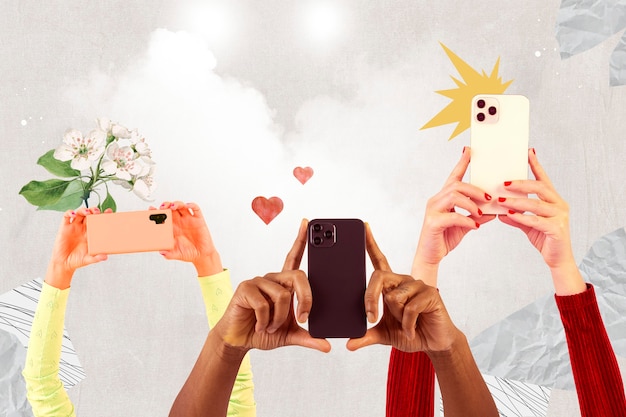
Influencer Culture in 2023 and My Decision to Drop the Influencer Label
-
by fashion-world-blog
- 0

I’ve been meaning to talk about this for a while, and I can’t hold back any longer. It’s time to discuss what’s been happening lately, because 2020 has really put influencer culture under the spotlight. This was the year people started holding influencers accountable, and a lot of truths came to light. Personally, I’ve realized that I no longer want to be known as an influencer. I haven’t enjoyed being labeled that way for a long time. When someone asks what I do, I say I’m a writer, a social media coordinator, self-employed, an entrepreneur, or a graphic designer—anything but an influencer.
The term “influencer” has developed a negative reputation, and I can see why. I remember the first time I felt uncomfortable in this industry. About three years ago, I went to a brunch event to network because, at the time, that was the norm for influencers. I went with a friend whom I met through Instagram. We arrived together, but as soon as we got there, she ditched me for her influencer group. It was like a scene straight out of high school, and it was awful. I ended up crying in the bathroom with a glass of rosé. Eventually, I introduced myself to the event host, who was the most prominent influencer there. She was incredibly kind and made an effort to include me for the rest of the day.
That experience taught me a lot about the kind of influencer I wanted to be—someone genuine, relatable, and with good intentions. There seem to be two types of influencers: those seeking fame by any means necessary, often making others feel inferior, and those who genuinely want to make a positive impact with their content, valuing their audience and influence. I aim to follow and be part of the latter group.
This year, events like the global pandemic and the Black Lives Matter movement opened many people’s eyes. Some influencers acted irresponsibly during the pandemic, earning the nickname “covidiots.” Then, during the BLM movement, while some genuinely used their platforms for education and advocacy, others simply posted black squares without further action, taking up valuable space for real information. These actions were a turning point for influencer culture. People began to hold influencers accountable, and many influencers couldn’t handle the backlash, leading to blocked comments and silencing criticism.
The silver lining is that people are realizing the power they hold in deciding whom to support on social media. Now, when I post, I think about younger followers and how impressionable they can be. I’ve often compared myself to others on social media, but I never want anyone to feel less than after seeing my content.
Ultimately, I want to inspire others, especially those like the younger version of myself, to realize their voices are important. So, moving forward, just call me Erica, Fashionlush, or a content creator—anything but an influencer.
I’ve been meaning to talk about this for a while, and I can’t hold back any longer. It’s time to discuss what’s been happening lately, because 2020 has really put influencer culture under the spotlight. This was the year people started holding influencers accountable, and a lot of truths came to light. Personally, I’ve realized…
I’ve been meaning to talk about this for a while, and I can’t hold back any longer. It’s time to discuss what’s been happening lately, because 2020 has really put influencer culture under the spotlight. This was the year people started holding influencers accountable, and a lot of truths came to light. Personally, I’ve realized…